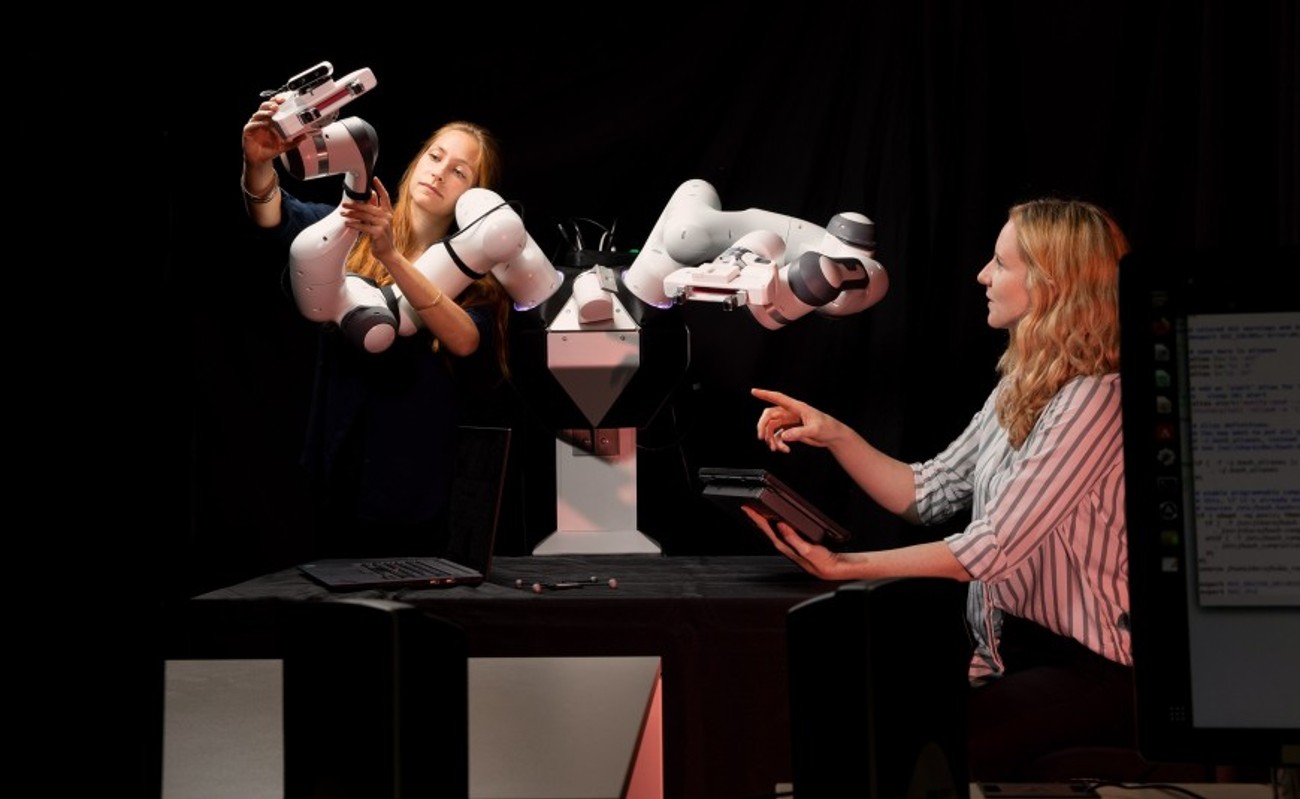| Duration | 1/2022 – 6/2026 |
| Website | https://www.tu-darmstadt.de/lokoassist/ |
| Short description |
Leg prostheses, orthoses and exoskeletons become active movement assistance systems by individually and situation-specifically detecting their users’ movements and providing them with appropriate force/torque support. The research in our RTG LokoAssist funded by the German Science Foundation DFG aims at a “seamless” integration of assistive devices into the human body schema. This requires an automatic recognition of different movement intentions to create and intuitive and predictable motor behavior. Such assistance systems promise a significantly expanded range of motion with lower metabolic energy expenditure, better individual adaptability, and greater ease of movement. While this potential has so far not been fully tapped, the RTG addresses it with a highly interdisciplinary approach: the creation of innovative technologies, which continuously and actively involve potential users into the research and developmental process to achieve high quality interaction and a high level of user acceptance. |
| Duration | |
| Website | https://hessian.ai/research/#graduate-school |
| Short description | The hessian.AI Graduate School that is currently being established combines the goal of promoting young scientists in the field of artificial intelligence in the best possible way, ensuring optimal conditions for doctoral studies, and continuously strengthening the international appeal of hessian.AI. |
| Young Investigators | Independend Research Group | Appointment | Funding / Program |
|---|---|---|---|
| Dr. Dorothea Koert, Department of Computer Science | Interactive AI algorithms & cognitive models for human-AI interaction (IKIDA) | October 2021 | BMBF |


